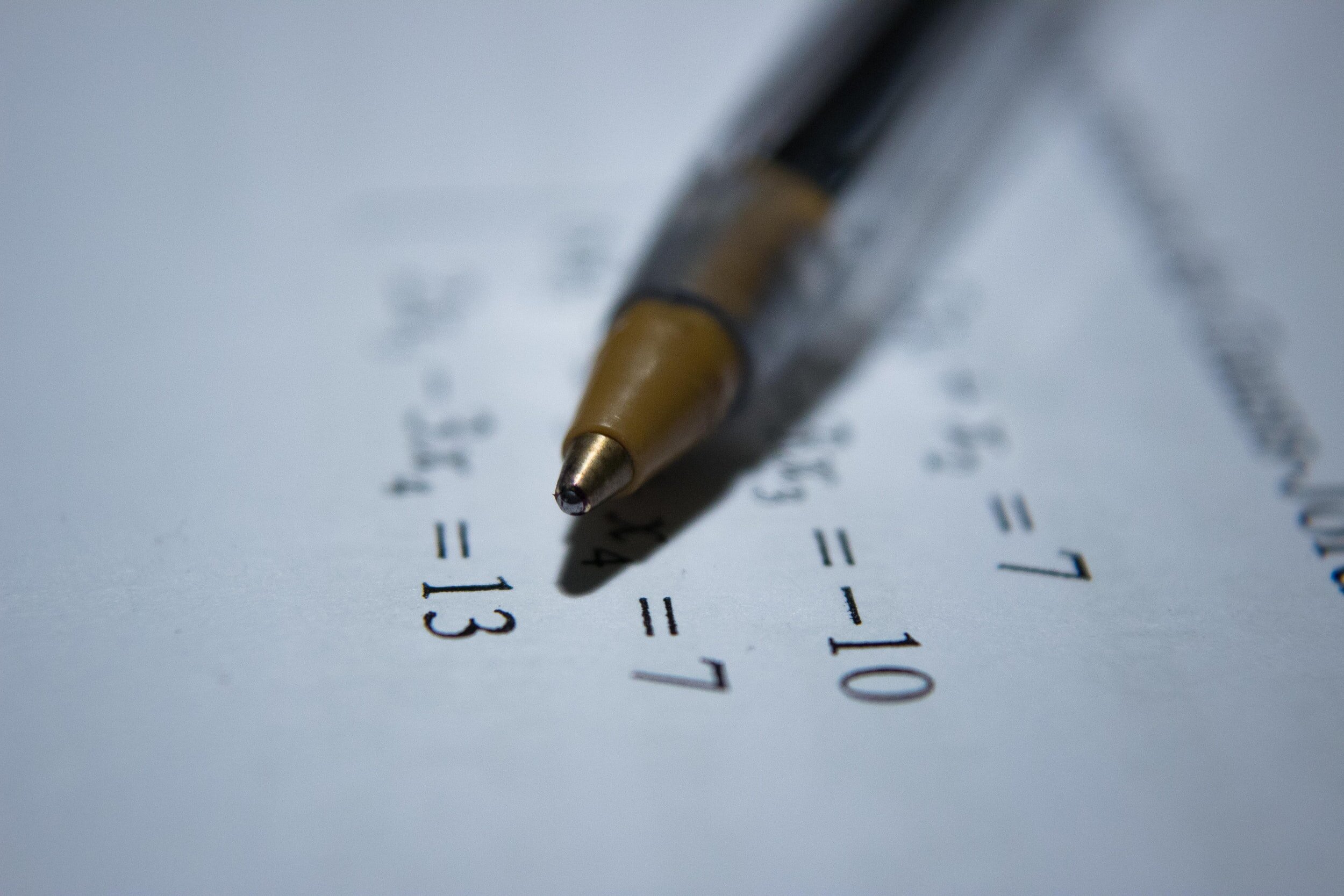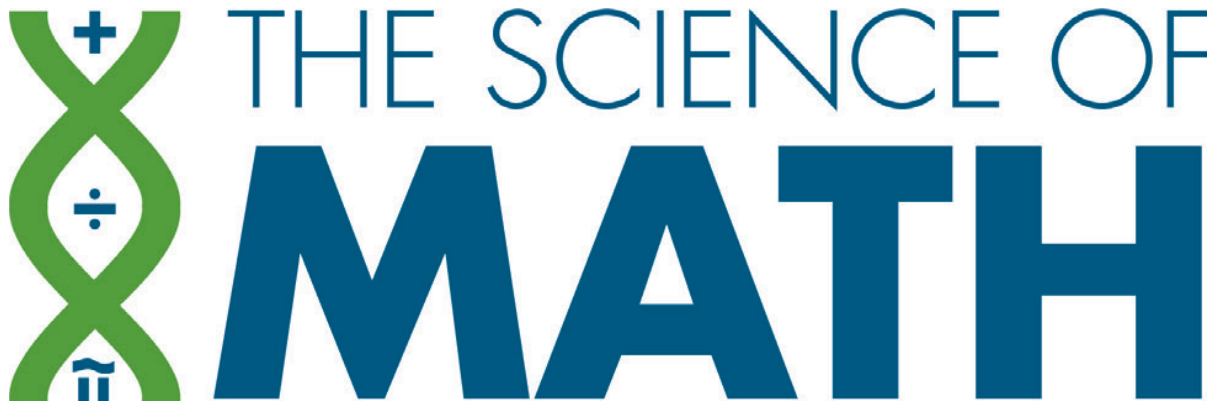
What is math Proficiency?
Similar to reading and writing, we can think of math proficiency as a blending of:1
- Concepts (Understanding concepts, operations, and relations)
- Procedures (Using procedures flexibly, accurately, and efficiently)
- Strategies (Formulating, representing, and solving problems)
- Reasoning (Reflecting, explaining, and justifying)
- Disposition (Seeing math as sensible, useful, and worthwhile)
To help students achieve math proficiency, teachers should:2
Use a focused, coherent progression of math learning with emphas is on proficiency in key topics
Use multiple approaches to meet the needs of students; explicit instruction should be used during routine core instruction and supplemental instruction
Develop conceptual understanding, procedural fluency, and problem-solving skills at the same time
Use formative assessment on a regular basis to assess student learning
Focus on proficiency with whole numbers, fractions, geometry, and measurement; these are critical for algebra
To help students experiencing math difficulty with math proficiency, teachers should:3
- Use explicit instruction
- Teach clear and concise math language
- Use concrete, pictorial, and virtual representations
- Use number lines for learning concepts and procedures
- Provide deliberate instruction for solving word problems
- Use timed activities to build math fluency
(1) National Research Council. (2001). Adding it up: Helping children learn mathematics. J. Kilpatrick, J. Swafford, and B. Findell (Eds.). Mathematics Learning Study Committee, Center for Education, Division of Behavioral and Social Sciences and Education. Washington, DC: National Academy Press. Retrieved from: https://nap.nationalacademies.org/catalog/9822/adding-it-up-helping-children-learn-mathematics.
(2) National Mathematics Advisory Panel. (2008). Foundations for success: The final report of the national mathematics advisory panel. Washington, DC: U.S. Department of Education. Retrieved from https://files.eric.ed.gov/fulltext/ED500486.pdf.
(3) Fuchs, L.S., Newman-Gonchar, R., Schumacher, R., Dougherty, B., Bucka, N., Karp, K.S., Woodward, J., Clarke, B., Jordan, N. C., Gersten, R., Jayanthi, M., Keating, B., and Morgan, S. (2021). Assisting Students Struggling with Mathematics: Intervention in the Elementary Grades (WWC 2021006). Washington, DC: National Center for Education Evaluation and Regional Assistance (NCEE), Institute of Education Sciences, U.S. Department of Education. Retrieved from http://whatworks.ed.gov/.
